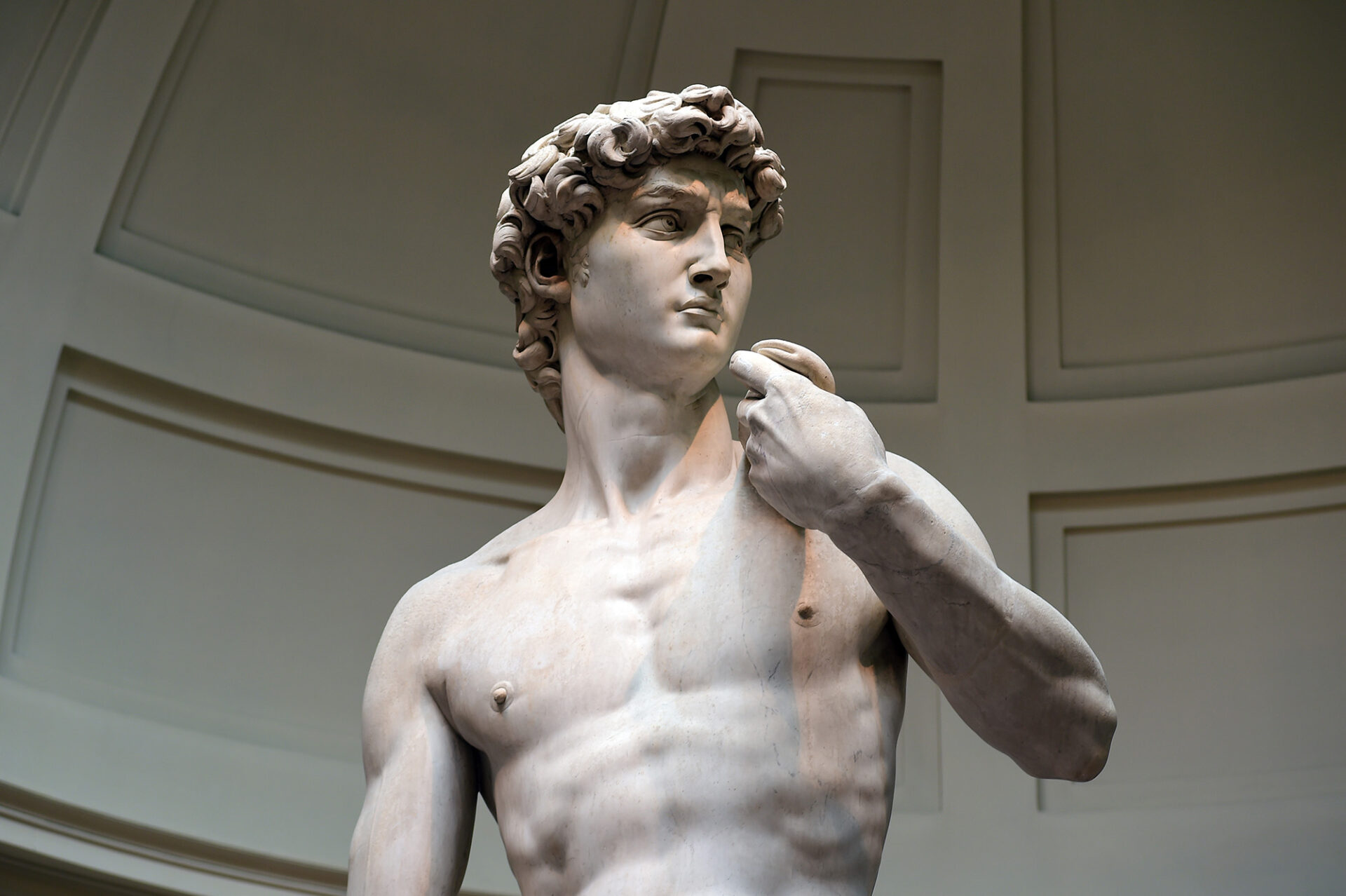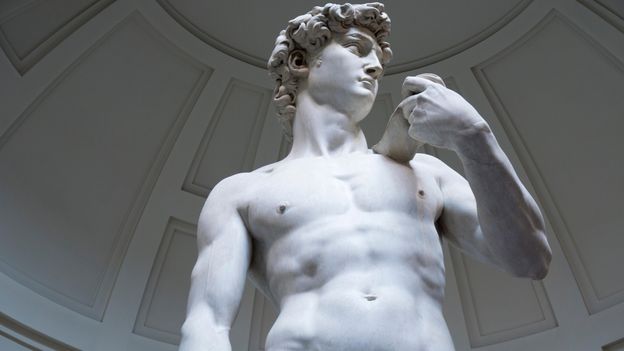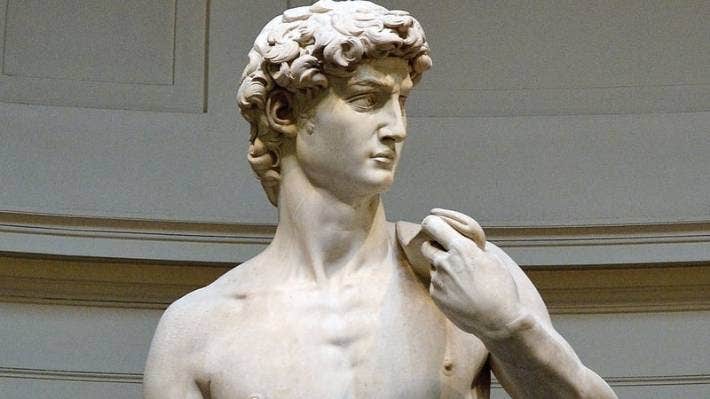A controversy at Tallahassee Classical School in Florida surrounding Michelangelo’s “David” statue has led to an apology letter to parents, an emergency school board meeting, and the resignation of the school’s principal. Sixth-grade students at the school are traditionally taught about the Renaissance and shown a picture of the statue, along with other artwork. However, this year, the lesson was not announced to parents ahead of time, sparking anger from some. One parent reportedly complained that the nudity of the artwork was equivalent to “pornographic material.”

The Statue Was Seen As Controversial By Some Parents
According to Hope Carrasquilla, the school’s former principal, an email notifying parents had been written but was not sent. Carrasquilla apologized to parents, but the situation led to her being given the option to resign or be terminated without cause. The principal ultimately decided to resign, claiming she was not given a specific reason for the ultimatum. She believes that the art history lesson may have played a role, but also felt that the school’s chair had been “unhappy” with her for months.
Cecilie Hollberg, director of the Galleria dell’Accademia in Italy, welcomed the school board, parents, and students to come view the “purity” of the statue in person. Mayor Dario Nardella of Florence, Italy, also personally invited the former principal to the city to be recognized, stating that “whoever teaches such art deserves respect.”
Over the past few years, control of school curriculum has been hotly contested, both in Florida and across the United States. On Friday, Republicans in the U.S. House passed national “Parents Bill of Rights” legislation to boost parents’ access to information about their child’s education.
Carrasquilla says that, as a mother and educator, she believes parents and schools should be in partnership, but stresses that there needs to be a balance. To Barney Bishop III, the chair of the school board, valuing parental rights does not necessarily mean allowing parents to dictate what is taught in the classroom. He notes that despite some parents’ complaints about the “David,” the artwork will remain in the curriculum.

The School’s Principal Was Ultimately Fired
“We’re going to teach it regardless of whether parents are in favor of it or not,” he said. “But if they’re not in favor of it, we’re going to give them alternative curriculum.”
The controversy at Tallahassee Classical School highlights the tension between schools and parents regarding the content of the curriculum. While some parents may object to certain artwork or topics being taught, schools have an obligation to provide a comprehensive education. The situation has also led to discussions about the importance of transparency and communication between schools and parents.
Cara Wynn, a dean at Tallahassee Classical, has been promoted to interim headmaster for the rest of the school year, and the board will evaluate her leadership skills to determine if she will become the school’s leader permanently. Meanwhile, Carrasquilla is uncertain of her next steps and is saddened that her time at Tallahassee Classical was cut short.
“I miss the teachers, the students,” she said. “I felt like I was supposed to be there, like I had a purpose. I love classical education and I want everyone to be taught that way, so I miss that.”

The Former Principal, Teachers, And Students Were Invited To Florence To See The Stature In Person








